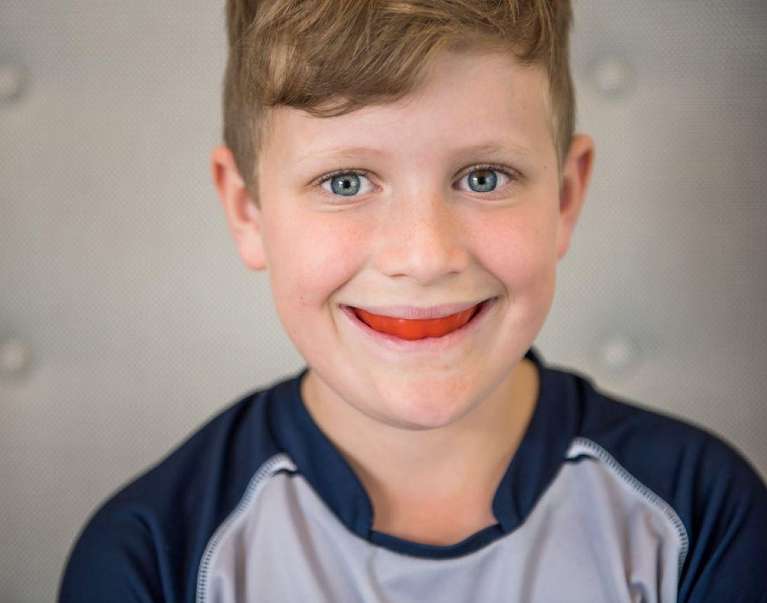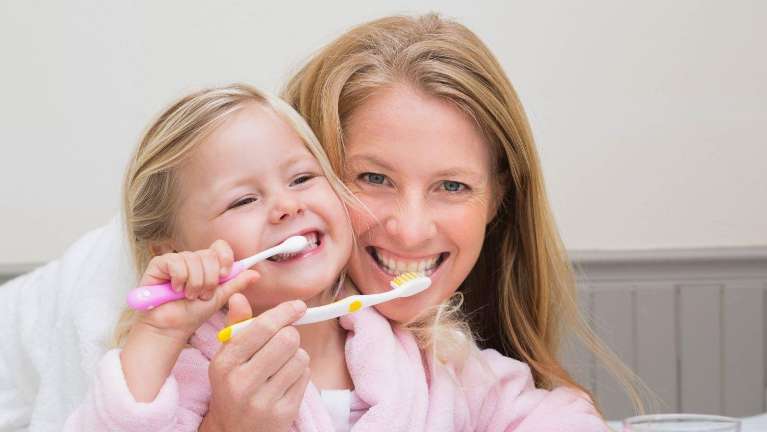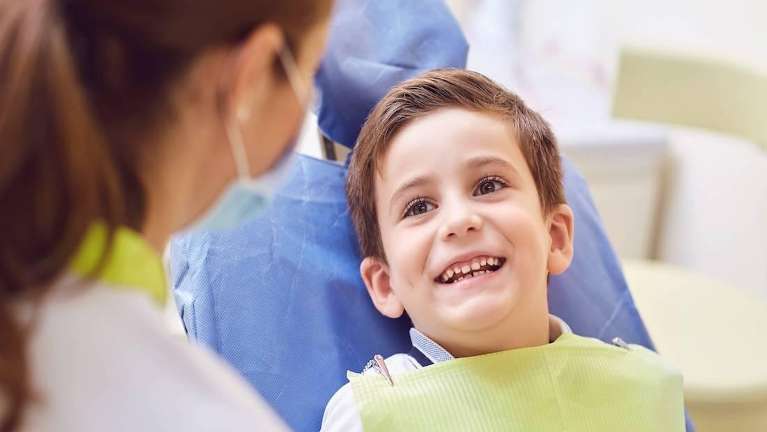
Every parent knows the heart-stopping moment when their child takes a tumble during sports or play. But what if you could shield them from one of the most vulnerable parts of their body, their precious smile?
Imagine the heartbreak of a chipped tooth, a knocked-out incisor, or painful dental trauma that could have been prevented with a simple, custom-fitted mouthguard. Protecting your child's smile is more than a precaution; it's an investment in their future, confidence and joy.
Preventing Oral Injuries with Mouthguards
Whether your child plays sports or participates in other activities, they are susceptible to chipped, cracked or knocked-out teeth. These dental issues can be painful and affect your child’s oral health.
Our custom mouthguards protect your child’s teeth in several ways, including the following:
- Absorbing and redirecting force to your child’s jaw, chin or face
- Shielding soft tissues, such as lips, tongue and cheeks, from impact with their teeth
- Keeping their top and bottom teeth from colliding with each other
- Lessening the chance of a dislocated jaw
- Decreasing the risk of concussion by absorbing the impact
- Providing a cushion to protect any dental restorations, such as fillings or crowns
Comfort and Protection from Your Dentist
At Sparkling Dental, we realise the importance of protecting your child’s developing smile, but we know comfort is essential. That’s why we precisely customise their mouthguard so they’re more likely to wear it regularly.
Here’s the process for making a custom mouthguard:
- Taking impressions in our dental clinic — First, we take impressions of your child’s teeth for a precise fit.
- Sending impressions to the dental lab — Next, their impressions are sent to a dental lab where the mouthguard is created.
- Shaping the mouthguard — The dental lab shapes the mouthguard, ensuring the proper fit.
- Cooling — The mouthguard is cooled and takes its final shape.
- Fitting — Once we receive your child’s mouthguard, we’ll check the fit and comfort.
Questions about Mouthguards in Neutral Bay, NSW?
If you want more information about custom mouthguards from Sparkling Dental, we will happily assist you! Our dental team can assess your child’s needs and work to protect their oral health.
You can call us on (02) 9953 0088 to arrange an appointment or consultation.



